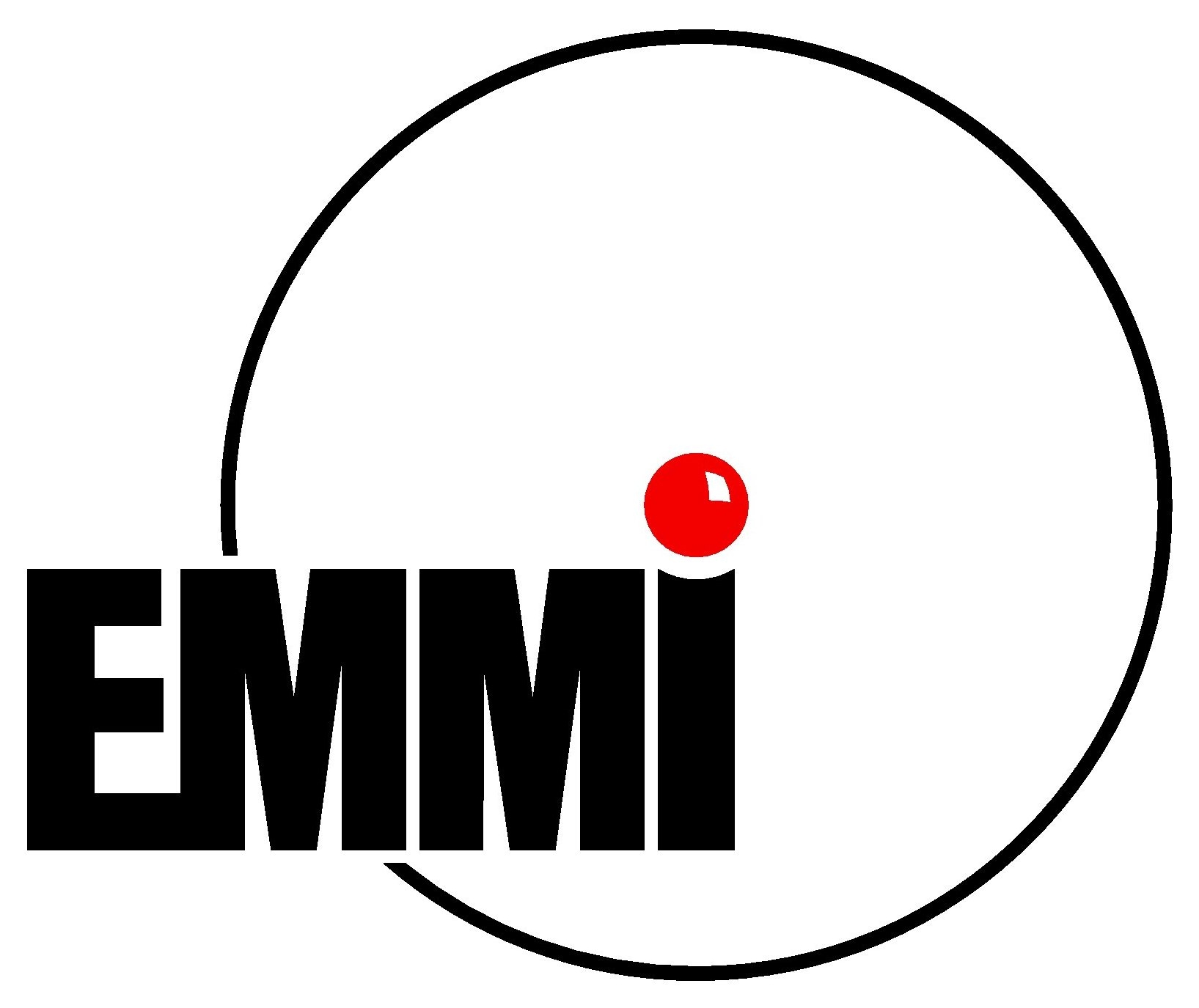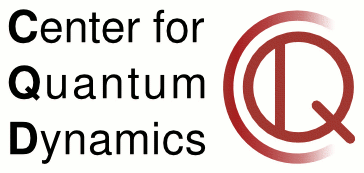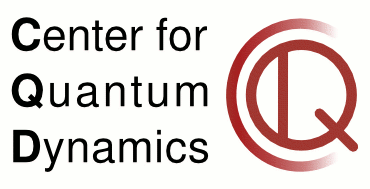RETUNE 2012: Aims and Topics
The dynamics of systems with many degrees of freedom far from thermal equilibrium has become an outstanding focus topic in very different areas in physics ranging from ultracold atomic gases, superfluid helium, via hard condensed-matter systems to quark-gluon matter and cosmological inflation. The technological possibilities available today for studying ultracold atomic gases allow to freely and precisely model initial states, and to drive systems far from their equilibrium configuration. At the opposite end of the energy scale, quark-gluon matter is produced in heavy-ion collision in far-from-equilibrium states, and its relaxation and conversion into hadron matter has stimulated an extensive discussion about the relevant dynamical processes. These include the exciting possibility that non-thermal fixed points, turbulence, and topological excitations affect the time-line of the equilibration process. Non-linear phenomena including solitons and vortices have been studied at length in superfluid helium and atomic condensates both in the form of regular patterns and of turbulent flow. More recently, long-range coherence, condensation and collective dynamics of magnons, polaritons, and indirect excitons in condensed matter systems has been achieved, and the formation of topological structures was observed. In the high-energy realm, such dynamical critical phenomena and topological structures are also studied in the cosmological context. For instance, in the form of topological structures and strong turbulence they have the potential to strongly alter timescales of reheating after early-universe inflation.The workshop will bring together international experts from the above fields to discuss topological structure formation, (superfluid) turbulence and critical dynamics far from thermal equilibrium. The primary aim is to spark the exchange of ideas and experiences, including the possibility to initiate potential collaborations between researchers from the diverse areas based on the topics under consideration.
Introductory talks are envisaged in each of the fields Dynamics of Ultracold Atomic Gases, Superfluid Helium, Condensates in Solid-State Systems, Heavy-Ion Collisions and the Quark-Gluon Plasma, and Dynamics of Cosmic Inflation and Reheating, both from experiment and theory. These lectures will be combined with more specialised theory talks on topical research results, both from experienced researchers and from young investigators and students. It is emphasised that building bridges between the diverse areas is facilitated by their common framework of quantum and semi-classical field theory as well as hydrodynamics.
Specific forefront topics
- Relaxation dynamics of classical matter fields
Dynamics of quantum many-body systems brought far from thermal equilibrium, and their relaxation to equilibrium is at the base of a set of fundamental questions both to theory and experiment. While for many systems classical hydrodynamic equations offer an adequate description of the relaxation to equilibrium, the existence of a macroscopic order parameter ? a classical complex-valued field ? on one hand puts topological constraints on the possible dynamics and route to equilibrium and on the other hand creates novel regimes in the systems the workshop will set focus on. Thus a central question is to identify the regimes where the systems behave classically and those where one has to go beyond classical hydrodynamics. The workshop will in particular deal with questions of relaxation under the influence of critical points and turbulent flow which can distinctly alter time scales of the relaxation process as well as the qualitative character of the evolution such as given by topological excitations. - Dynamical evolution of quenched systems
The problem of how equilibration of a quenched many-body quantum system can proceed is of great interest in a growing number of experiments with atomic and solid-state systems and it is paramount for the understanding of the data obtained in heavy-ion-collision experiments. Cosmological models of inflation depend strongly on the character of the equilibration process. A focus will be set, in this context, on topological excitations and quasi-topological structures, including solitonic and vortical excitations. In particular, the question will be addressed, how these influence the equilibration process, and their relation to dynamical critical phenomena and turbulent flow will be considered. In effect, quantum coherence will play a strong role in the phenomena under consideration, including superfluidity in matter system as well as long-range coherence in gauge theories. - Dynamics and relaxation of driven systems to non-equilibrium steady states
Driven systems can relax to stationary states which are intrinsically non-equilibrium. Such states can be characterised by vortical excitations and dynamics and exhibit signatures of turbulent flow. In this context the workshop will be focused on the physics of superfluid turbulence both in neutral matter and in plasma systems. We will invite speakers focusing on driven dynamics of matter fields, in particular in the areas of liquid helium, solid-state condensates, ultracold gases, as well as high-energy systems.
International Scientific Advisory Committee |
Organizing Committee
Contact |



